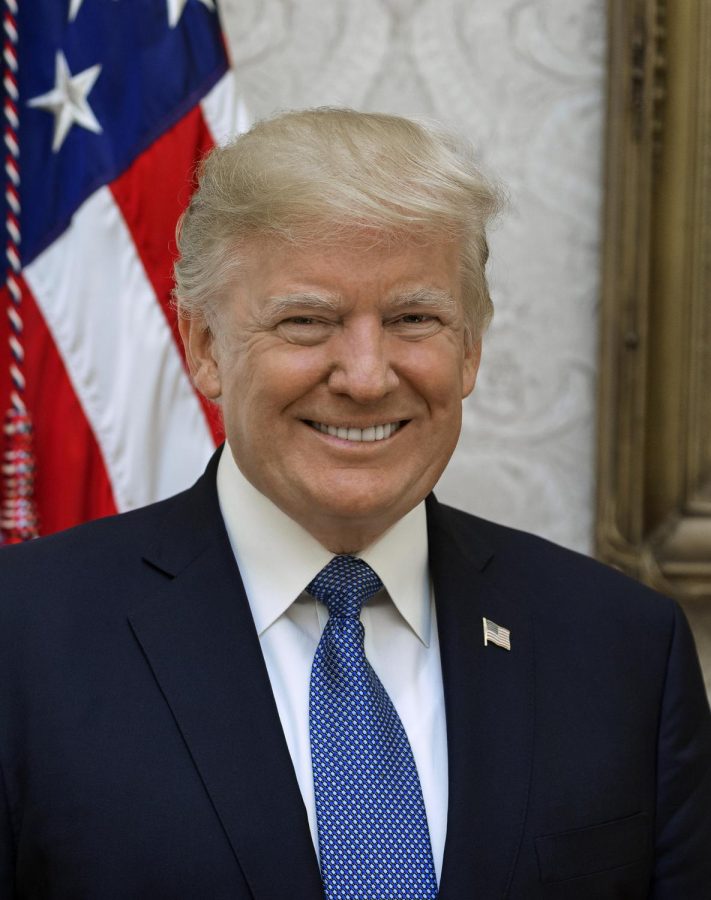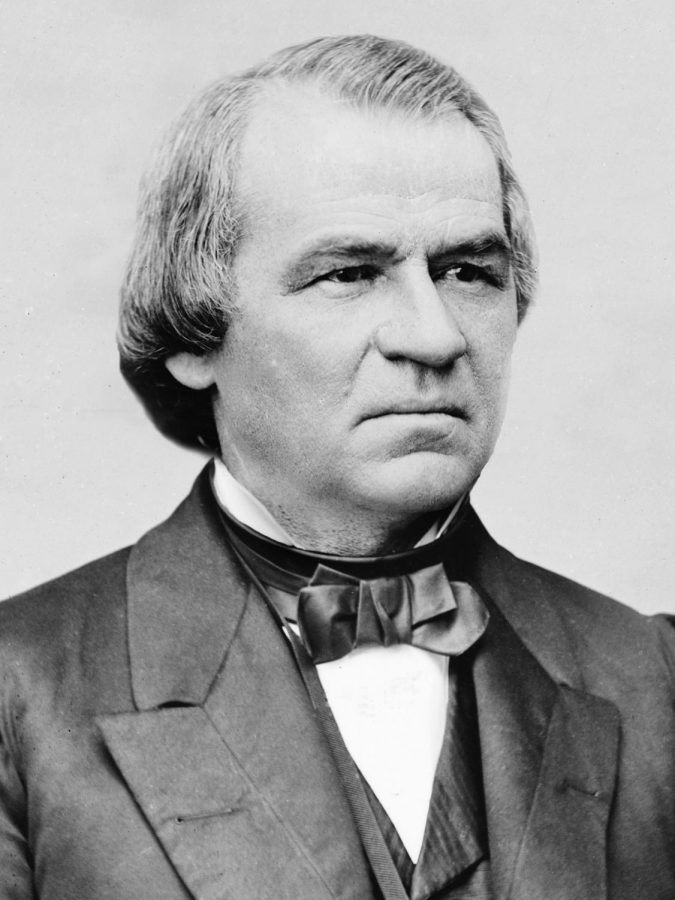What Impeachment Inquiry Means for the President: Everything You Need to Know
Democratic House Speaker Nancy Pelosi announced an impeachment inquiry for current United States President Donald J. Trump, stating that “no one is above the law,” in her official statement, on Tuesday, Sept. 24, 2019.
This makes President Trump the fourth president to be brought up on impeachment. Among the four that have been called into question, none have been removed from office thus far.
To impeach is the sole right of the House of Representatives as listed in Article 1, Section 2, Clause 5 of the constitution, which is the process of instituting formal charges against a federal official like the president.
For the president to face an impeachment inquiry, it is a result of acts of “treason, bribery, or other high crimes and misdemeanors,” according to Article 2, Section 4 of the constitution.
While the House of Representatives have the authority to impeach, the Senate contains the power to have a trial and vote remove, according to Article 1, Section 3, Clause 6 of the constitution.
Trump is being impeached in consideration of performing a high crime and misdemeanor, said Mark Trezza, a Fresno City College Political Science professor.
To use a “foreign government to intervene in domestic election,” explained Trezza. “That is the high crime and misdemeanor.”
On July 25, Trump partook in a phone call with Ukranian President Voldymyr Zelenskiy, according to an official transcript released from the White House on Sept. 25. This phone call consisted of the U.S. president asking Zelenskiy to look into his potential opposing presidential candidate, Joe Biden, and his son, Hunter Biden, according to the New York Times’ “Key Dates in the Trump Impeachment Investigation.”
The instigating whistleblower complaint was presented to the House Intelligence Committee after the July 25 phone call where California Congressional District 22 Representative Devin Nunes sits as the ranking member of the minority party. He served as chair of the committee until Democrats took the majority in 2018.
Trezza explained that there is no specific time frame to which the process is restricted, just that the closer the next presidential election [November 2020] gets, the more difficult the impeachment process gets.
Republican Senator of Utah Mitt Romney came out in support of the impeachment inquiry on Friday, Oct. 4.
“By all appearances, the President’s brazen and unprecedented appeal to China and to Ukraine to investigate Joe Biden is wrong and appalling,” the senator tweeted.
A local politician vying for Representative Nunes’ seat supports the impeachment inquiry.
“What this should mean to the Republican party is that everyone is going to be held accountable to the rule of law,” Democratic Congressional Candidate of California District 22, Bobby Bliatout said. “Nobody is above the law.”
Regardless of the House and Senate divide, a majority of the nation support the inquiry, according to a poll by Vox that showed an increasing 50% in support.
As the next presidential election closes in, President Trump is up for re-election and Joe Biden is leading the Democratic polls.
The question is: Will this impeachment inquiry affect the outcome of the election?
“I 100% believe it will,” said Bliatout.
“If anything were to affect the election outcome, this [impeachment inquiry] would cause more divisiveness,” Rebecca Slaton, a psychology professor at FCC, said.
According to the Washington Post impeachment inquiry timeline, Gordon Sondland, ambassador to the European Union, was scheduled to testify on Oct. 8, but was blocked by the administration hours before.
The same thing happened to Thomas Ulrich Brechbuhl, State Department counselor, where Secretary of State Mike Pompeo stated that attempts were not timely and meant to intimidate.
After preventing Sondland from testifying, the White House sent a letter to Democratic House leaders written and signed by Counsel to the President, Pat Cipollone, according to Buzzfeed News.
“Given that your inquiry lacks any legitimate constitutional foundation, any pretense of fairness, or even the most elementary due process protections, the Executive Branch cannot be expected to participate in it,” Cipollone stated.
The investigation is ongoing and the House is currently taking testimonies and has subpoenaed the White House to forfeit documents by Oct. 18.

Hannah Lanier is the 20 year old New Editor and reporter for the Rampage at Fresno City College. Born and raised in Fresno, California, Lanier is the youngest...







